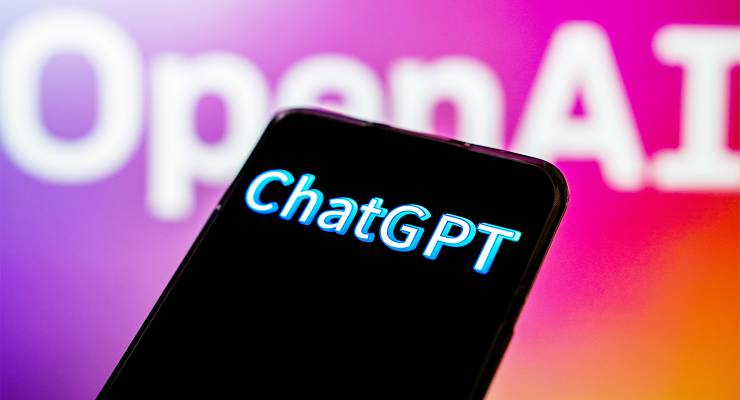
Just over a decade ago, Guy Rundle was on the ground in Connecticut after the Sandy Hook massacre — in which 20 children between the ages of six and seven, along with six adults, were killed by a school shooter. He noted the one detail of the reporting of what happened that day that he could bear to repeat:
… the teacher who, realising what was happening, started yelling “lockdown”, as per authorised procedure. Meaning, such things are now so anticipated they are prepared for like fires or floods. Meaning, people have sat round in rooms, gaming it out, working out what procedure would limit the deaths, triaging massacre. They work for the education department.
…
Too calm, too practised. They are too good at this now…
There’s something nauseating about such forbearance. The systematic and thorough killing of 20 children under seven should not be an occasion for which anyone is sufficiently prepared. By its very nature, it should be an occasion for hysteria, for disarray, for uncontrollable grief.
In that vein, there’s something grimly appropriate about the news, a decade later — a decade that includes Las Vegas, Parkland, Uvalde and scores upon scores more mass shootings in the US — that Vanderbilt University in Tennessee has used an AI chatbot to write a consoling email filled with profoundly meaningless platitudes to students after the mass shooting at Michigan State University.
“The recent Michigan shootings are a tragic reminder of the importance of taking care of each other, particularly in the context of creating inclusive environments,” the message read.
“One of the key ways to promote a culture of care on our campus is through building strong relationships with one another. This involves actively engaging with people from different backgrounds and perspectives, listening to their stories, and showing empathy and support.”
At the bottom of the email, in small print between parentheses as though hidden in a cough, was: “Paraphrase from OpenAI’s ChatGPT AI language model, personal communication”.
The university has since issued an apology.
Given it draws on the collective material on how the US responds to mass shootings, the message amazingly doesn’t offer “thoughts and prayers” to the victims’ families, or at the very least insist politics be kept out of a tragedy such as this.
It stands then as the logical conclusion of how these things are done, the figurative made literal — the needless deaths of three students (just three, this time), an occasion for no human thought, just a meaningless, automated response.








Crikey is committed to hosting lively discussions. Help us keep the conversation useful, interesting and welcoming. We aim to publish comments quickly in the interest of promoting robust conversation, but we’re a small team and we deploy filters to protect against legal risk. Occasionally your comment may be held up while we review, but we’re working as fast as we can to keep the conversation rolling.
The Crikey comment section is members-only content. Please subscribe to leave a comment.
The Crikey comment section is members-only content. Please login to leave a comment.